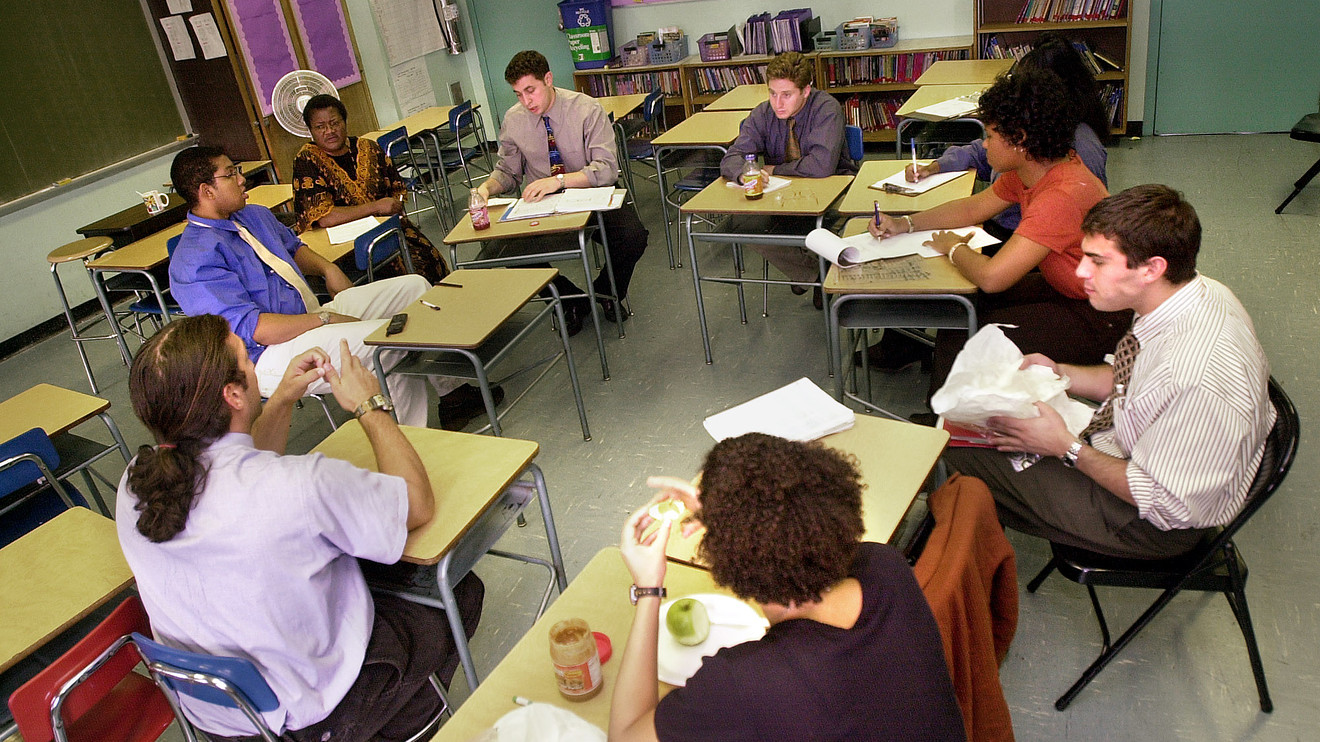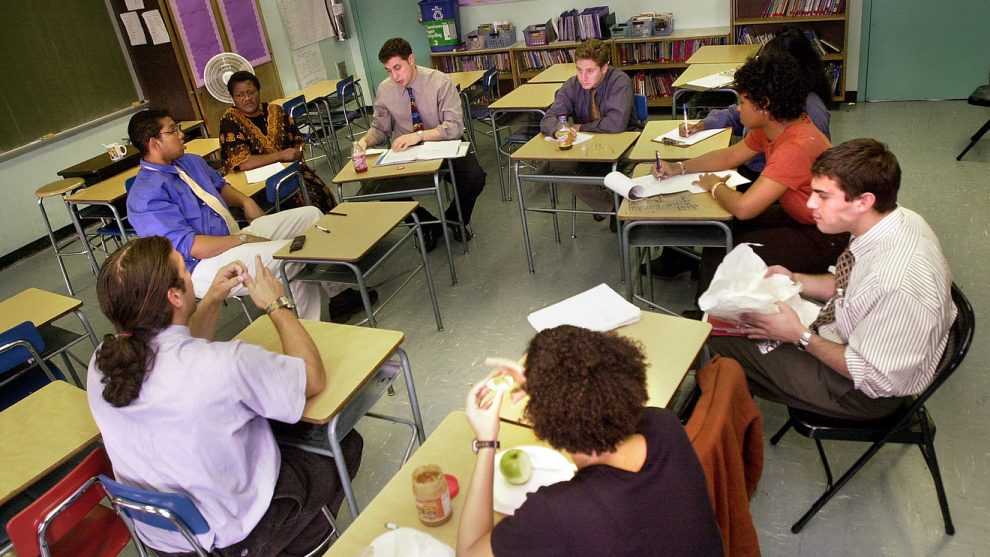
Days after a federal commission suggested mandatory financial-literacy courses for college students, two states are closing in on similar requirements for high schoolers.
State senates in North Carolina and Rhode Island passed bills this week that would incorporate financial-literacy instruction into their education standards.
Both the North Carolina and Rhode Island bills will need approval in the state’s other legislative chamber and must be signed by their respective governors to become law.
The two East Coast states could become the country’s 20th and 21st states requiring high school students to take financial literacy classes if the bills pass, according to Christopher Caltabiano, chief program officer at the Council for Economic Education.
North Carolina legislators voted Monday with 42-3 passage and Rhode Island’s vote happened Tuesday, resulting in a 38-0 approval. North Carolina’s bill would require a course discussing issues including college costs, home mortgages and credit cards. Likewise, Rhode Island’s curriculum would include lessons on budgeting, saving, investing and maintaining credit.
Both the North Carolina and Rhode Island bills will need approval in the state’s other legislative chamber and must be signed by their respective governors to become law.
Don’t miss: All Americans should know these financial lessons before leaving high school
Caltabiano told MarketWatch he’s encouraged by recent developments, but there’s still “a long way to go to make sure every student is provided financial literacy before they graduate — and good financial literacy at that.”
The pending bills, paired with the U.S. Treasury Department’s recent recommendation that college students should be required to take financial literacy classes, all signal a growing willingness to address young Americans’ lack of personal finance know-how.
The gaps in American’s financial knowledge come as students and their families have to grapple with rising college costs and the prospect of student-loan debts.
A 2015-2016 study said less than one-third (28%) of college students correctly answered three multiple choice questions about interest, inflation and risk diversification.
Of course, students aren’t the only ones who could use more financial savvy. The same study noted 53% of the adult participants answered the same three questions correctly.
The gaps in American’s financial knowledge come as students and their families have to grapple with rising college costs and the prospect of student-loan debts. Americans have about $1.5 trillion in student debts, according to Federal Reserve data.
Some observers support more financial literacy, but say the efforts can only accomplish so much when college costs are soaring and wages, on the whole, have been stagnating since the 1980s.
Harry Brown, the majority leader in North Carolina’s Senate, supported the bill and told MarketWatch it was important to help students understand financial issues.
“It is evident from the student-loan crisis our nation now faces that too many students leave high school without a clear understanding of the true cost of credit, and how best to plan and pay for a college education or how those decisions might affect their future economic well-being,” he said.






